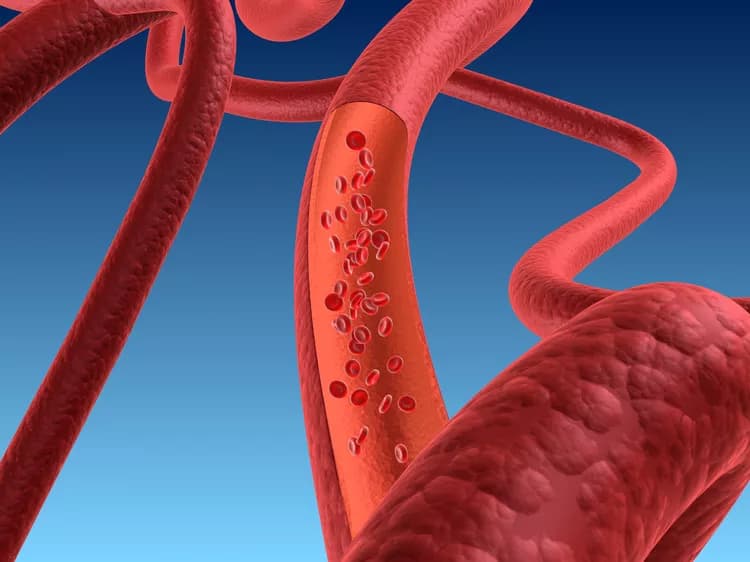
Researchers Identify Biochemical Mechanism Behind A Rare, Painful Genetic Disease
A team of researchers at the National Institutes of Health has uncovered a possible biochemical mechanism behind a rare, painful genetic disorder called ACDC disease, which causes calcium buildup in the arteries. The finding could lead to the first effective treatment for the potentially debilitating condition and might provide insight into other vascular diseases, including atherosclerosis, the researchers say. The study is in the Dec. 13 issue of Science Signaling. ACDC is short for arterial calcification due to deficiency of CD73. (CD73 is an enzyme that reduces calcium buildup in the arteries). The disease targets the hands and feet and can limit a person's ability to walk and exercise.
In the current study, researchers discovered how a deficiency of CD73 triggers a cascade of adverse biochemical events that leads to increased calcium buildup. That discovery quickly fueled progress on a possible treatment. Scientists generated stem cells from the skin of patients with ACDC disease and injected them into mouse models. They found that tissue formed in the mice by the patient-derived cells calcified over time. The researchers showed that treating these mice with several drugs including etidronate, which is used to strengthen bone in certain diseases involving bone loss, helped reduce calcification of the human tissue. The findings suggest that a similar strategy might help treat people with ACDC disease.
Materials provided by NIH/National Heart, Lung and Blood Institute. Note: Content may be edited for style and length.
Disclaimer: DoveMed is not responsible for the adapted accuracy of news releases posted to DoveMed by contributing universities and institutions.
Primary Resource:
Jin, H., Hilaire, C. S., Huang, Y., Yang, D., Dmitrieva, N. I., Negro, A., ... & Davaine, J. M. (2016). Increased activity of TNAP compensates for reduced adenosine production and promotes ectopic calcification in the genetic disease ACDC. Sci. Signal., 9(458), ra121-ra121. DOI: 10.1126/scisignal.aaf9109
Related Articles
Test Your Knowledge
Asked by users
Related Centers
Related Specialties
Related Physicians
Related Procedures
Related Resources
Join DoveHubs
and connect with fellow professionals

0 Comments
Please log in to post a comment.